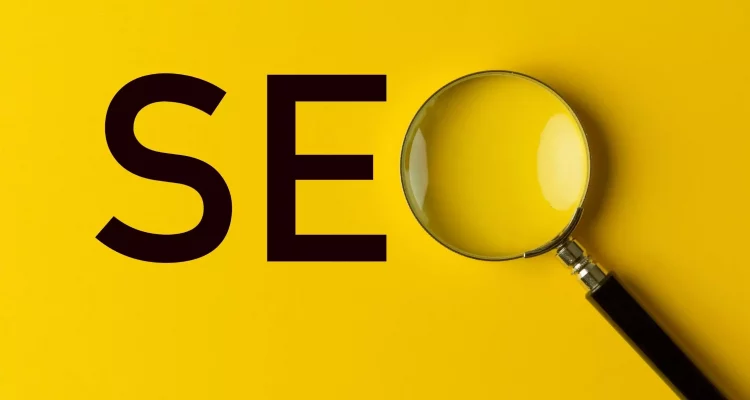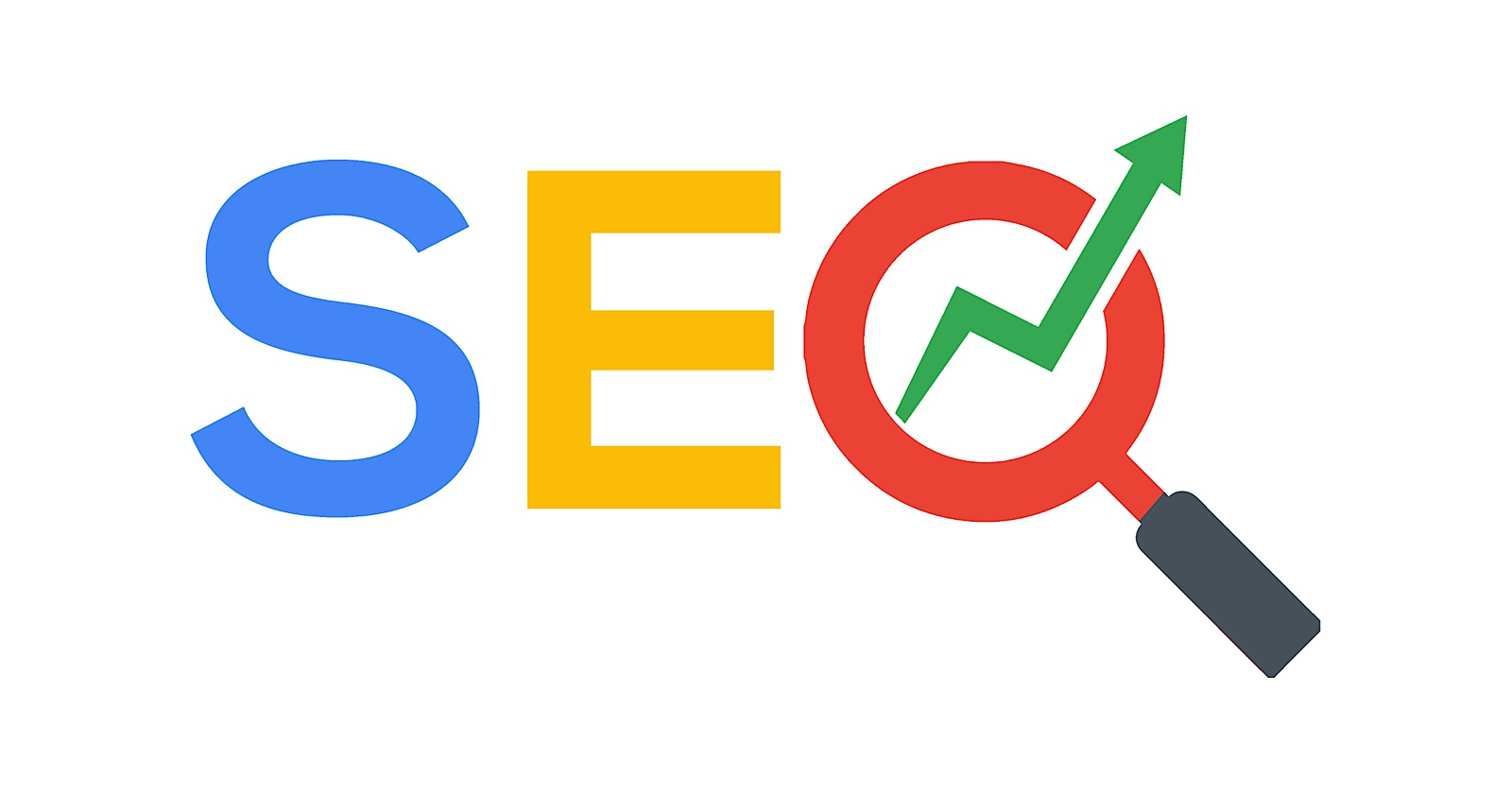
The term “search engine optimization,” also known as “seo,” is frequently used interchangeably with other terms. A lot of people don’t know what SEO is, that there are many different kinds of SEO, or that improving your SEO doesn’t require you to be an expert. Both on-page and off-page SEO are available.
It is important to keep in mind that SEO strategies evolve on a regular basis in response to the algorithms that search engines choose to employ in order to assist users in locating the information they require.

The most important thing to keep in mind is that search engines strive to provide excellent results to their intended audience. Your duty is to assist them.
Off-Page SEO
Everything you do to boost search engine traffic and results is considered off-page SEO. Examples of off-page SEO include building trust through social media, blogging, promoting videos, press releases, and commenting. You can use any one of these strategies to increase conversions and traffic to your website.
Comment on Blogs and Forums
Even if you aren’t allowed to link back to your website, your comments on blogs and forums are noticed, especially in this day and age when most people use Google to find you through your profile for identification purposes.
Posts and promotions on social media
When you write a blog post or publish something on your blog, promote it on social media. Through your general social media promotions, you will not only receive more traffic to your posts but also more links to your website.

Conduct Interviews
Give interviews on podcasts, blogs, and other platforms. By conducting interviews, you can increase your authority, increase the number of links to your website and products, and increase the number of people who know you.
On-Page SEO
Anything you do on your website to ensure that you get more traffic from search engines without having to pay for it is considered on-page SEO. Putting in a little extra effort is all it takes to create pages that are perfectly optimized.
Publish Targeted Content

Your audience will be able to find you if your content is of high quality, original, and relevant to them. They will search that content for words and be directed to your pages.
Headings on Pages
Search engines will also be able to find you if you use keyword-rich phrases for the headings on your website and in your blog posts. Additionally, your audience will focus on the words as they scan your page.
Check your spelling and grammar
You want visitors to your website to believe that you are an authority on your niche’s subject matter. As a result, it’s critical to check your spelling and grammar twice.
Code Your Website Correctly
You can use metatags to provide search engines with information about your blog or website’s topic in images, headings, and other areas. Make good use of them to describe images and the topic so that your audience can find you.
#seo #business #internet